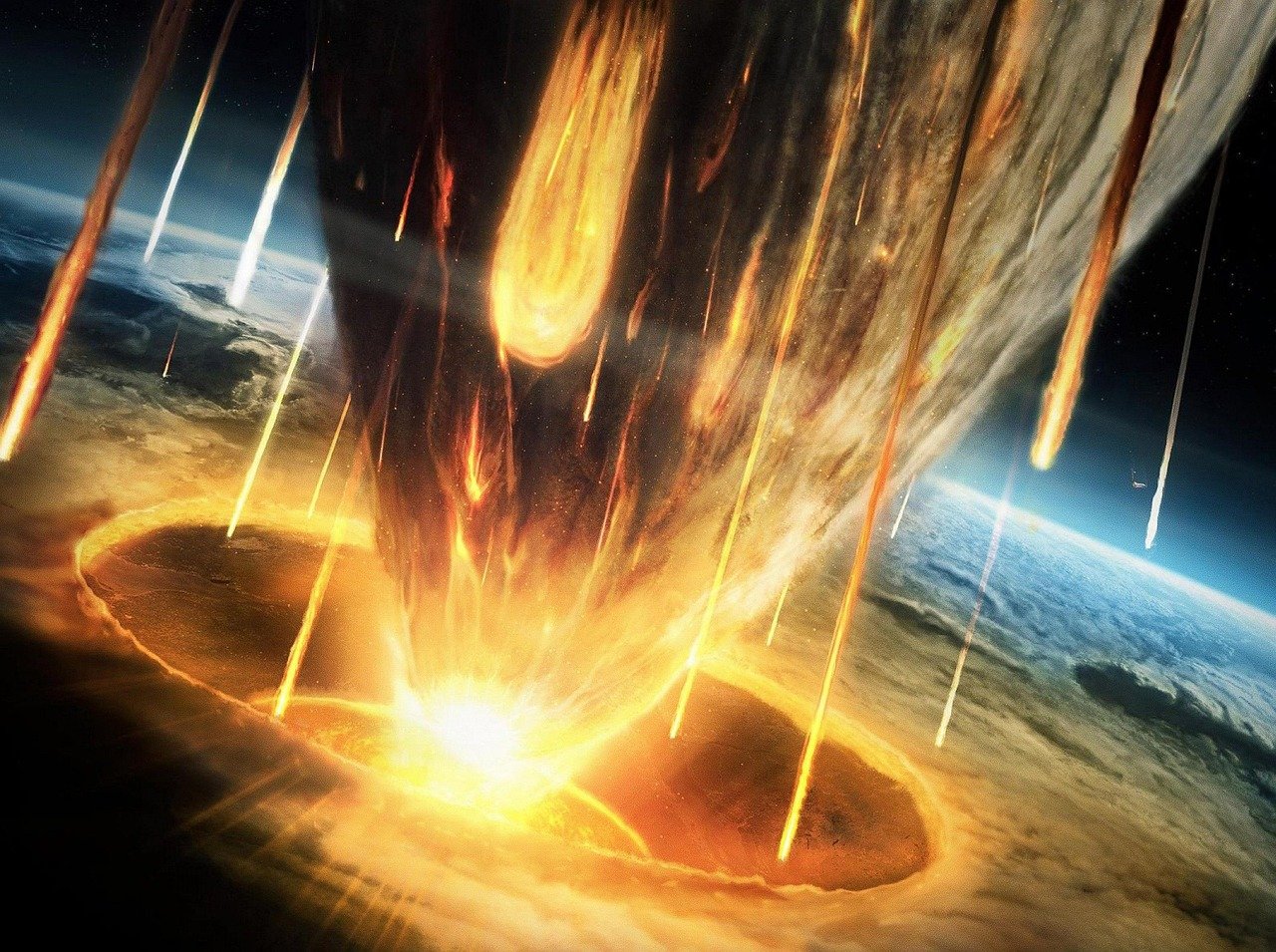It Sounds Like Science Fiction Until It Isn’t
Picture this: a single space rock floating millions of miles away could be worth more than all the gold ever mined on Earth. It’s not an exaggeration—asteroids packed with platinum, water, and rare metals have dollar signs written all over them. The idea of reaching out and grabbing cosmic treasure is so bold, so wild, it’s hard not to get swept up in the excitement. But is this the next Silicon Valley, or just a cosmic bubble waiting to burst? For every dazzling headline about trillion-dollar asteroids, there’s a tangle of real-world hurdles lurking just beyond the hype. Welcome to the boldest business pitch off the planet.
From Science Fiction To Startup Pitches
Mining in space is no longer just an idea pulled from a sci-fi blockbuster. Today, it’s a serious industry attracting big brains and even bigger wallets. Space mining means extracting stuff like water, nickel, iron, and those ultra-rare metals tech companies crave from places like asteroids or the Moon. Imagine factories in orbit, robots drilling into ancient space rocks, or even refueling stations for Mars missions. It’s a new gold rush—but instead of pickaxes and pans, it’s AI-guided drones and zero-gravity excavators. The dream is as much about fueling humanity’s future in space as it is about getting rich quick.
The Numbers That Make Headlines Spin
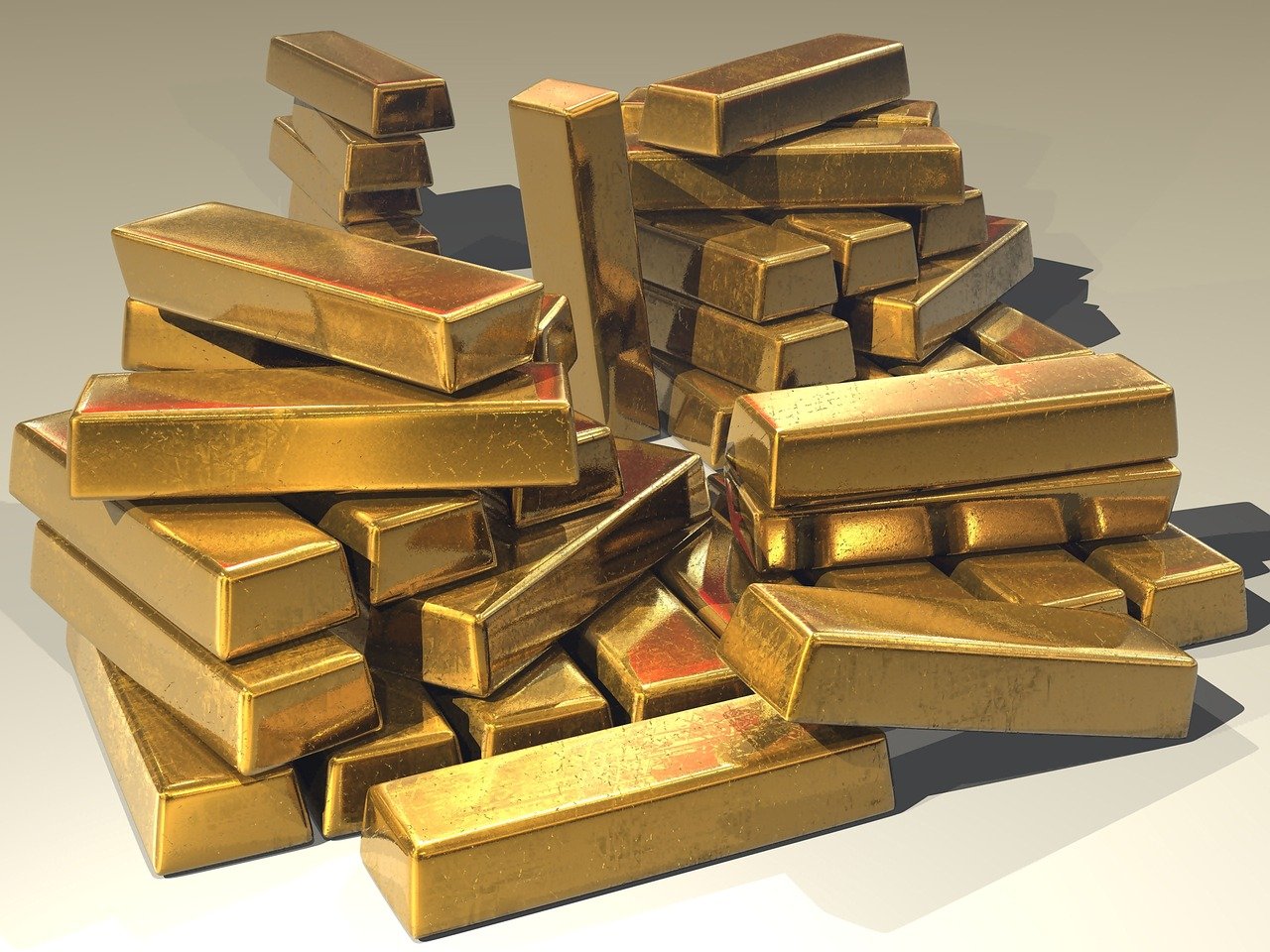
The dollar signs tied to space mining are nothing short of jaw-dropping. Analysts say just one mid-sized asteroid could contain more platinum than has ever been mined on Earth. Some estimates claim the asteroid belt holds resources worth trillions, enough to make every human a billionaire—at least on paper. This kind of potential is drawing in venture capital, government funding, and more than a fair share of wild speculation. But, as with every gold rush, the promise of easy riches can blur the line between realistic opportunity and wishful thinking.
Who’s Actually Chasing Space Treasure
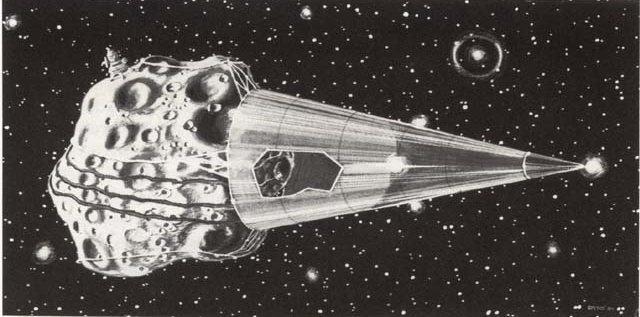
This isn’t just NASA’s playground. Companies like Planetary Resources and Deep Space Industries have already launched test missions and built prototypes for mining gear. They’re not alone—startups, big tech, and even national space agencies are racing to stake their claim in the stars. These players are pouring millions into robotics, mapping, and rocket technology, hoping to turn science fiction into a business plan. They’re hoping to be first, because in this game, early movers could set the rules for everyone else.
Technology Is The Gatekeeper To The Stars
Getting to an asteroid is hard. Digging into one and bringing something valuable back is even harder. The tech challenges are huge: mining robots must survive extreme cold, zero gravity, and cosmic radiation. No one’s ever run a mine a million miles from home. Every bolt, circuit, and line of code has to be perfect. Current missions, like NASA’s OSIRIS-REx, show it’s possible to grab a handful of dust, but scaling up to full-scale mining will take years—maybe decades. It’s a race against physics, and physics never plays favorites.
Legal Twists And Ethical Speed Bumps

Who owns a chunk of metal floating in deep space? The Outer Space Treaty, signed in 1967, says no country can claim the Moon or any other celestial body. That leaves a gray area: can a company own what it mines? The U.S. and a few other countries have passed laws letting private companies keep what they dig up, but the global legal picture is still fuzzy. What happens if two companies want the same rock? Or if mining kicks up dust that harms satellites or other missions? The legal and ethical questions are as tangled as a spacewalk gone wrong.
Space Mining Could Solve Or Create Crises
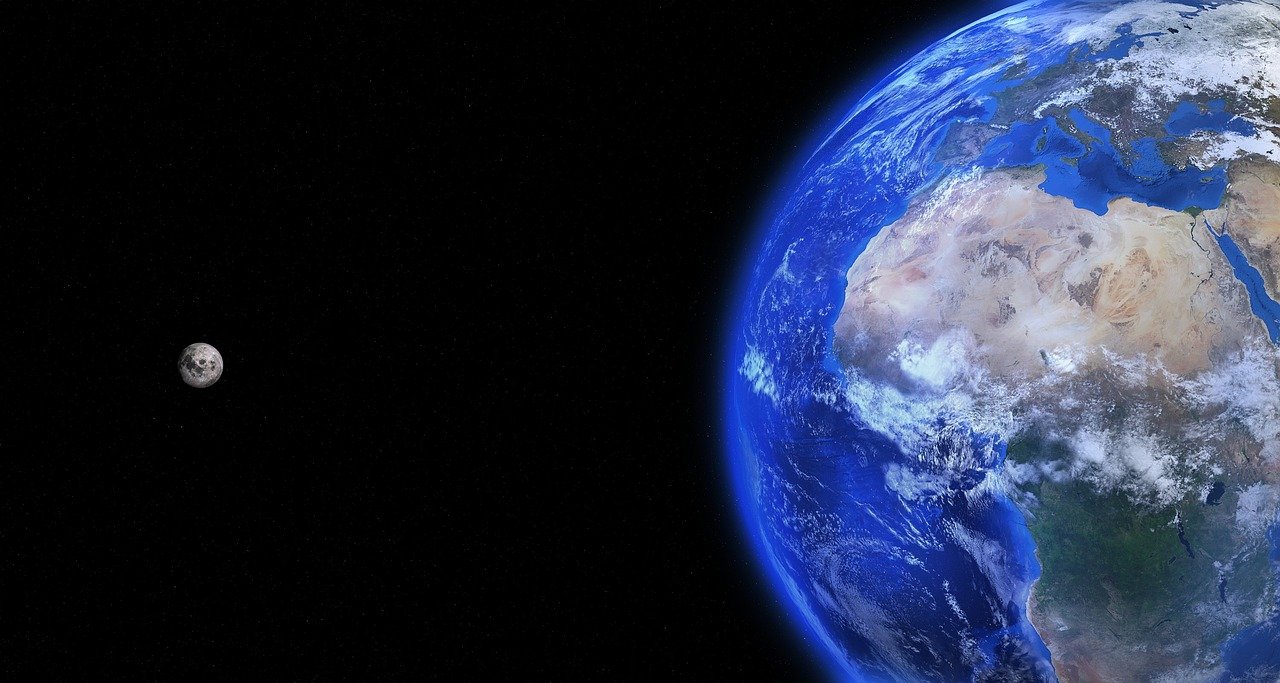
Some see space mining as a way to ease pressure on Earth’s stretched resources. Why tear up forests and rivers if we can get metals from the sky? But mining in space isn’t risk-free. Launching rockets leaves a carbon footprint, and mining could create swarms of debris that threaten satellites and astronauts. There’s also the risk of bringing back contaminants or accidentally changing orbits in dangerous ways. Every move in space can ripple back to Earth in ways we can’t fully predict.
Governments Are Waking Up To The Opportunity

No one wants to be left behind in the cosmic resource race. The U.S. has already passed laws that give private companies rights to whatever they extract from asteroids. Europe, Japan, and China are drafting their own rules and investing in space mining research. These laws and policies could shape who gets rich—and who’s left watching from the sidelines. Governments are also worried about keeping space safe and making sure everyone plays fair. It’s a new kind of international chess match, with trillion-dollar stakes.
The Road To The First Space Mine
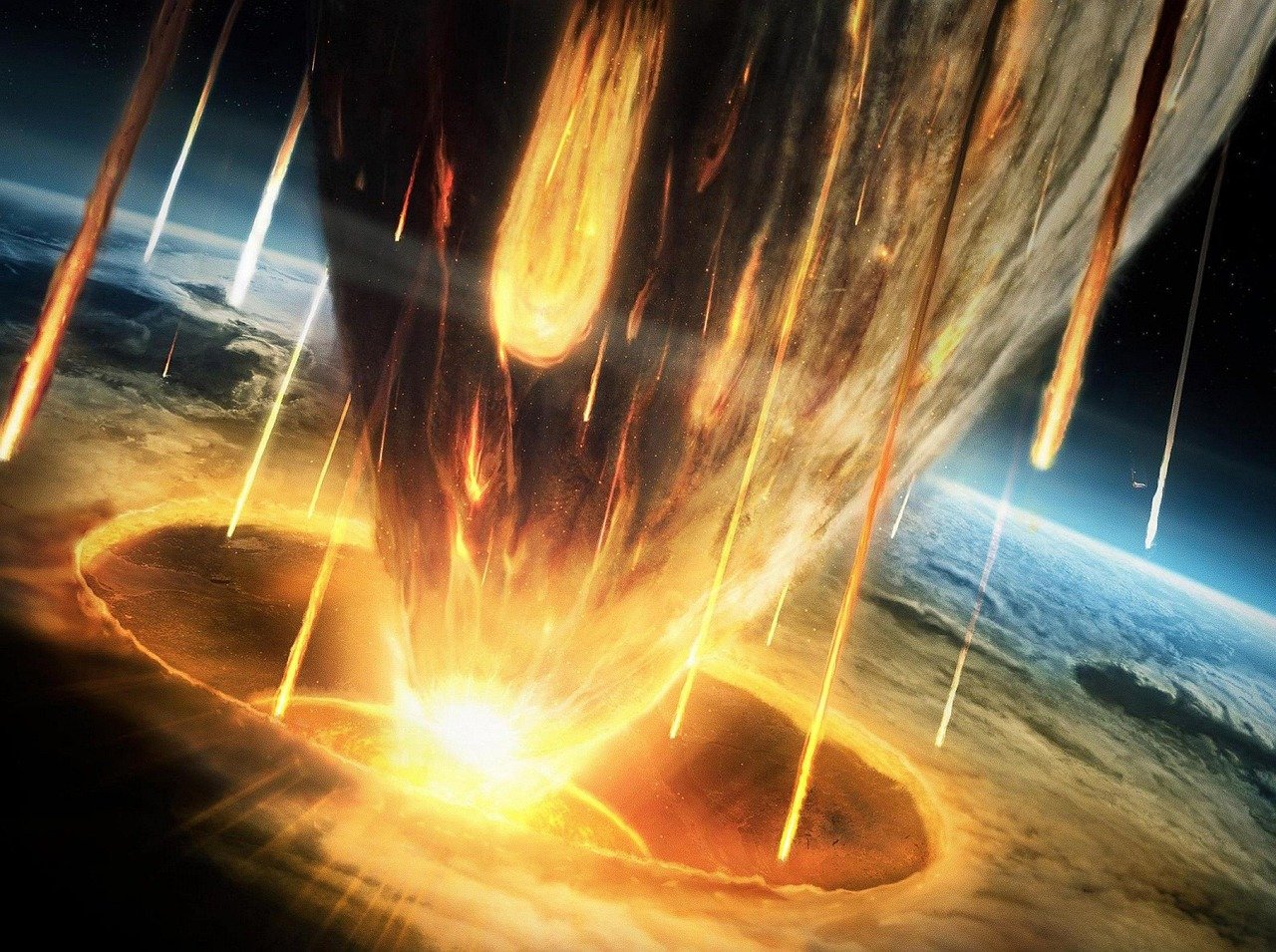
The first successful space mine is still years—maybe decades—away. But the pieces are falling into place: new rockets, sharper AI, and better robotics are making the impossible look a little more likely every year. Private-public partnerships, like NASA working with startups, are speeding up progress. The first missions will probably focus on water and simple materials, which can support space stations or fuel deep-space travel. But the dream of hauling back gold and platinum is still alive, sparking fierce competition and endless curiosity.
Will Space Mining Change Everything Or Nothing
The idea of turning asteroids into goldmines sounds almost too good to be true. For now, it’s a mix of wild optimism and real-world grit. The numbers are dazzling, the tech is mind-bending, and the risks are enormous. Whether space mining becomes the next gold rush or fizzles out as just another cosmic dream, it’s a story that’s impossible to ignore.

